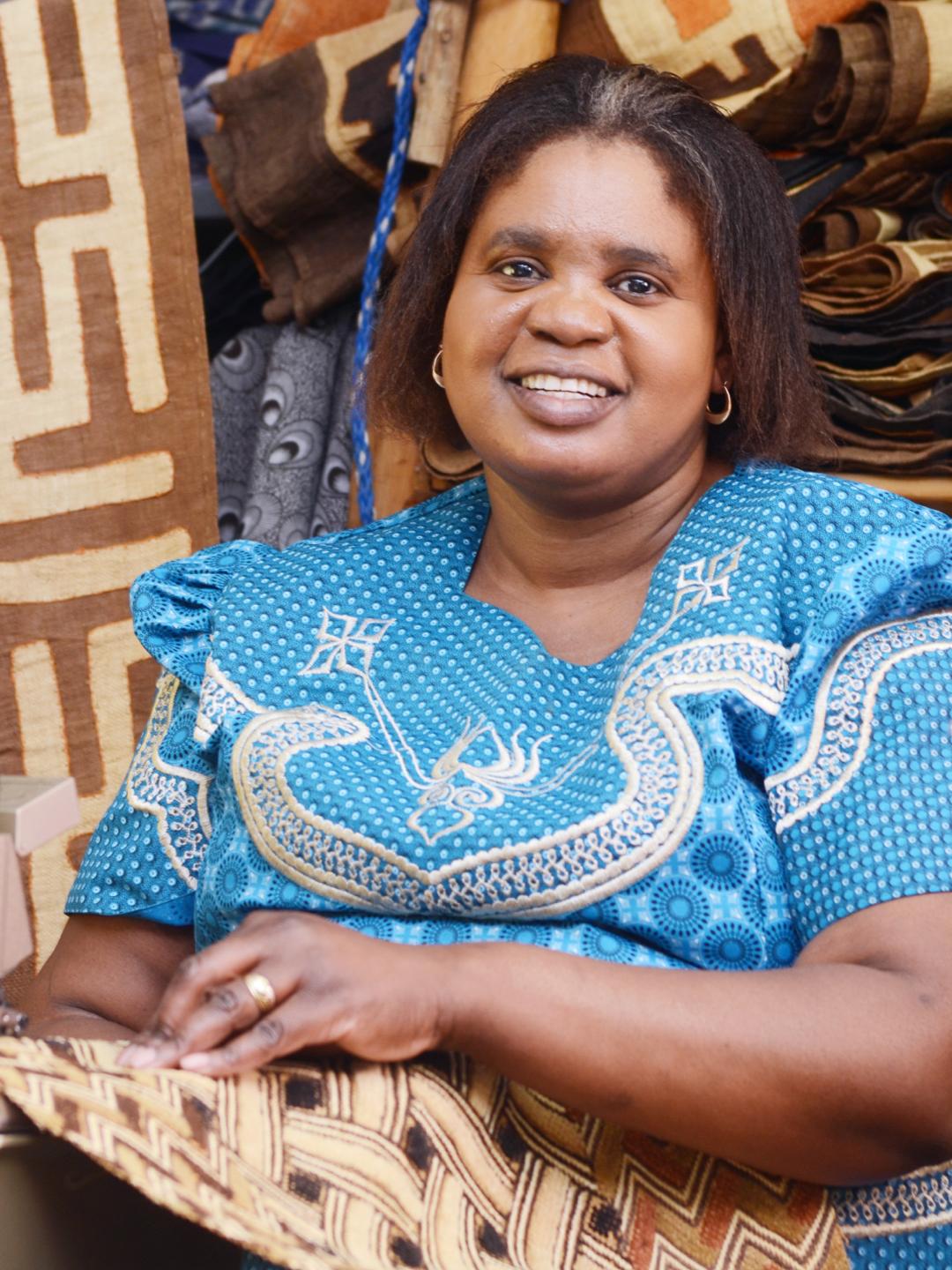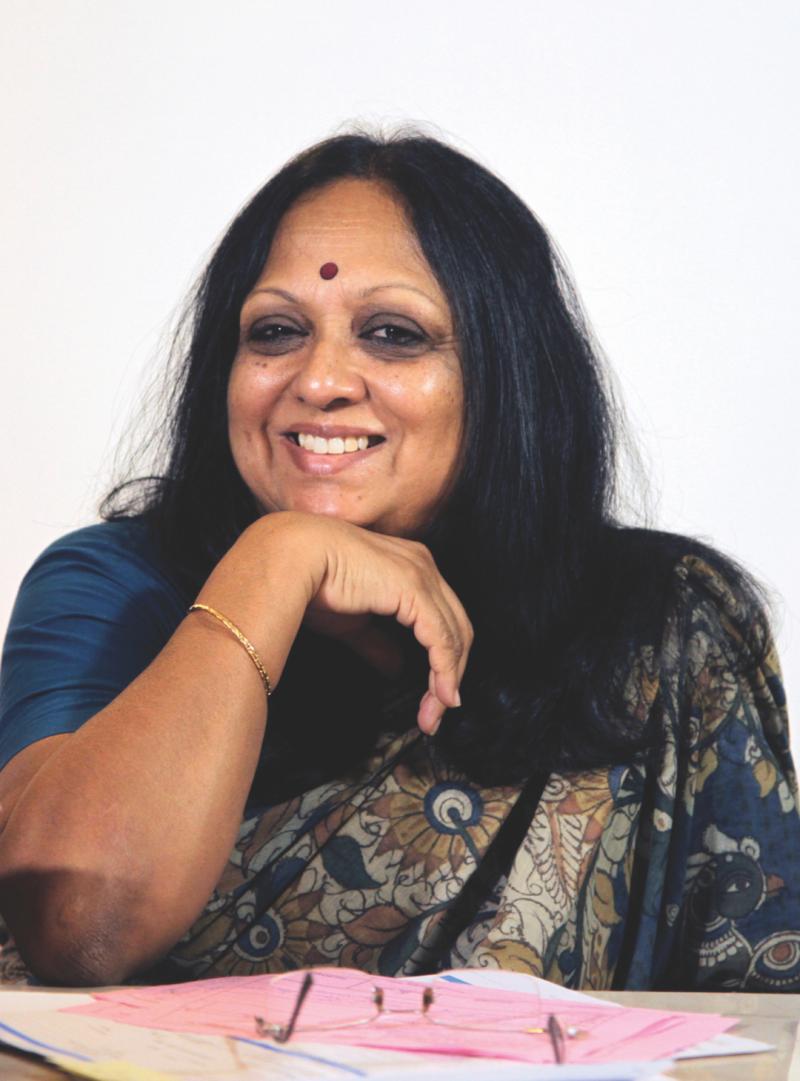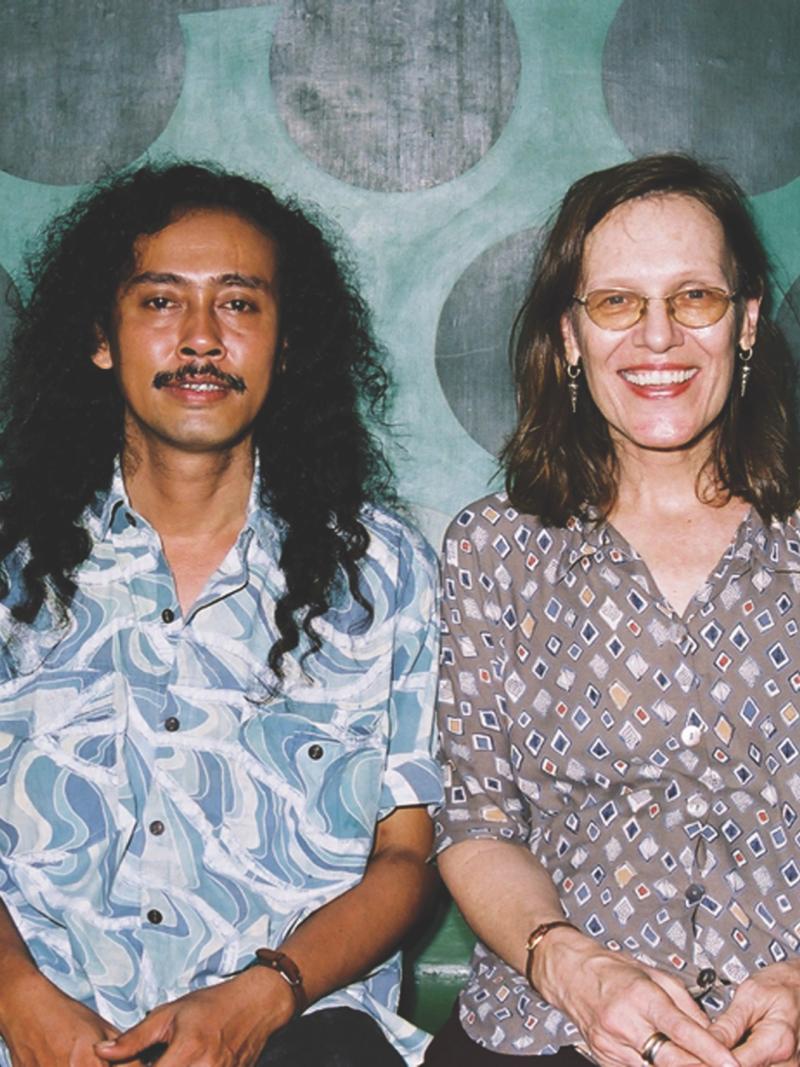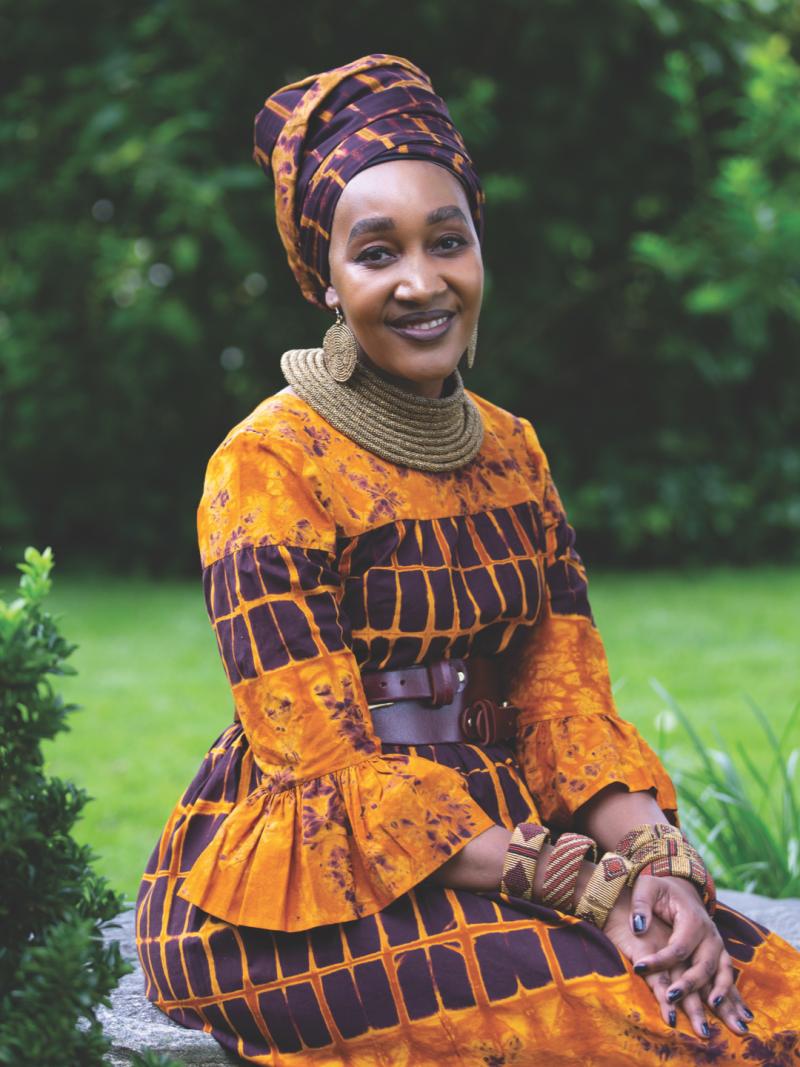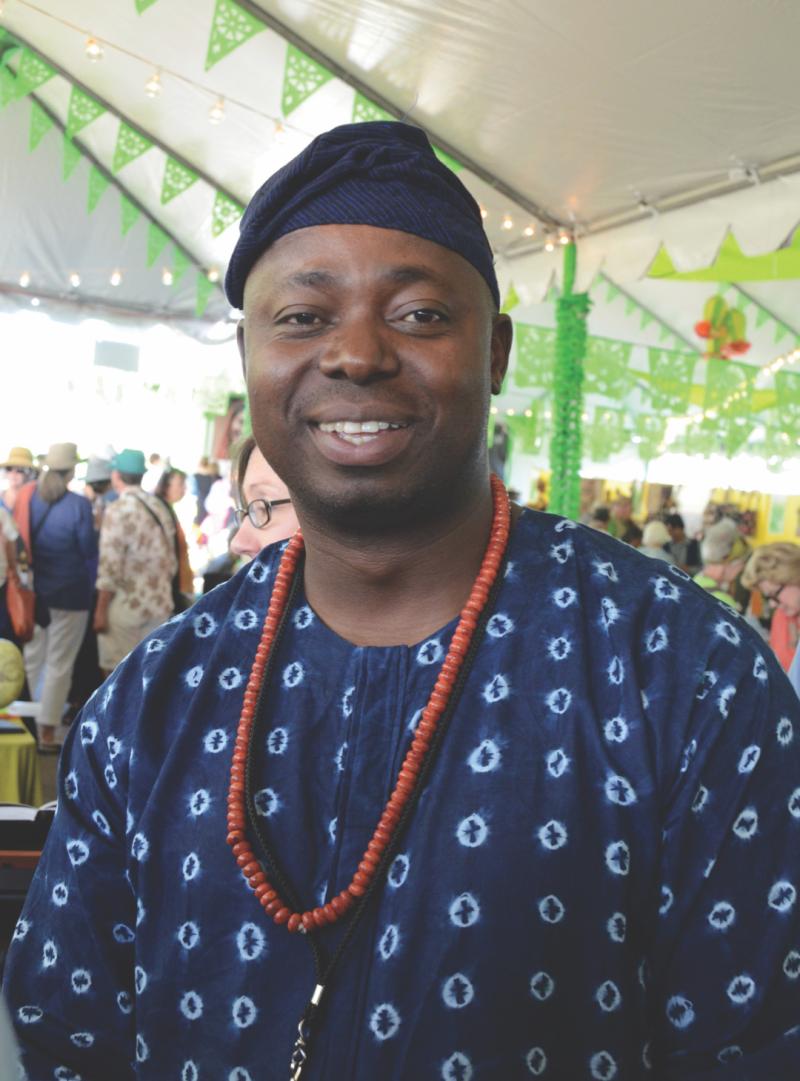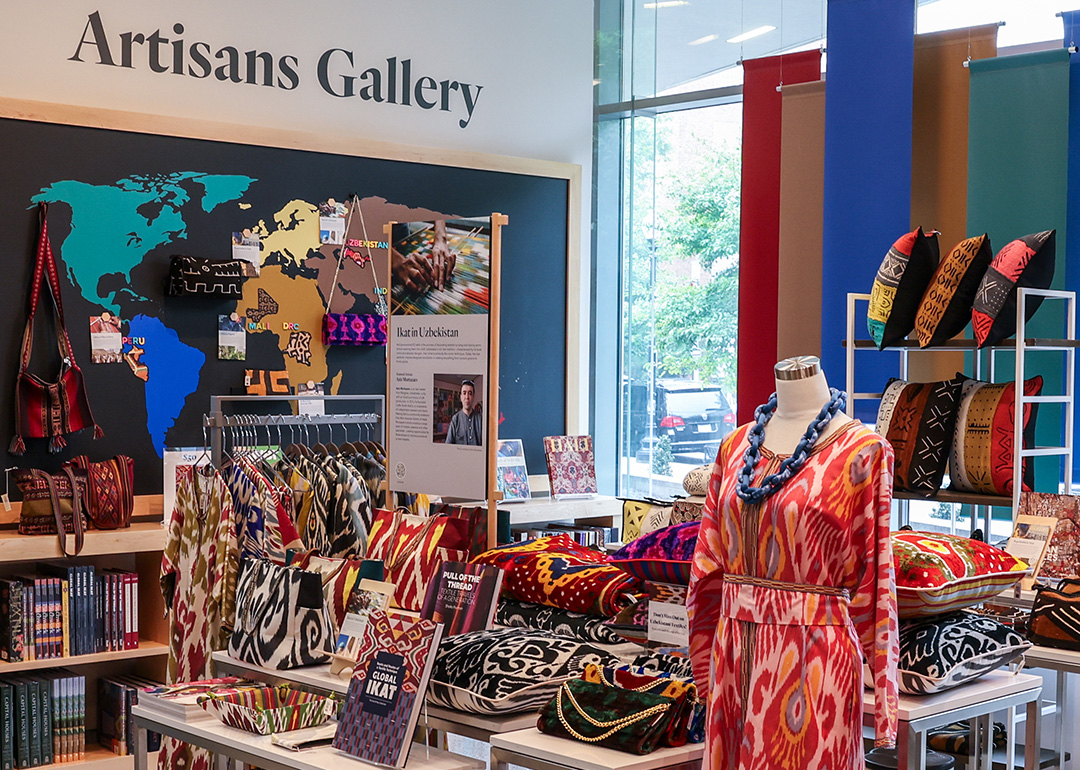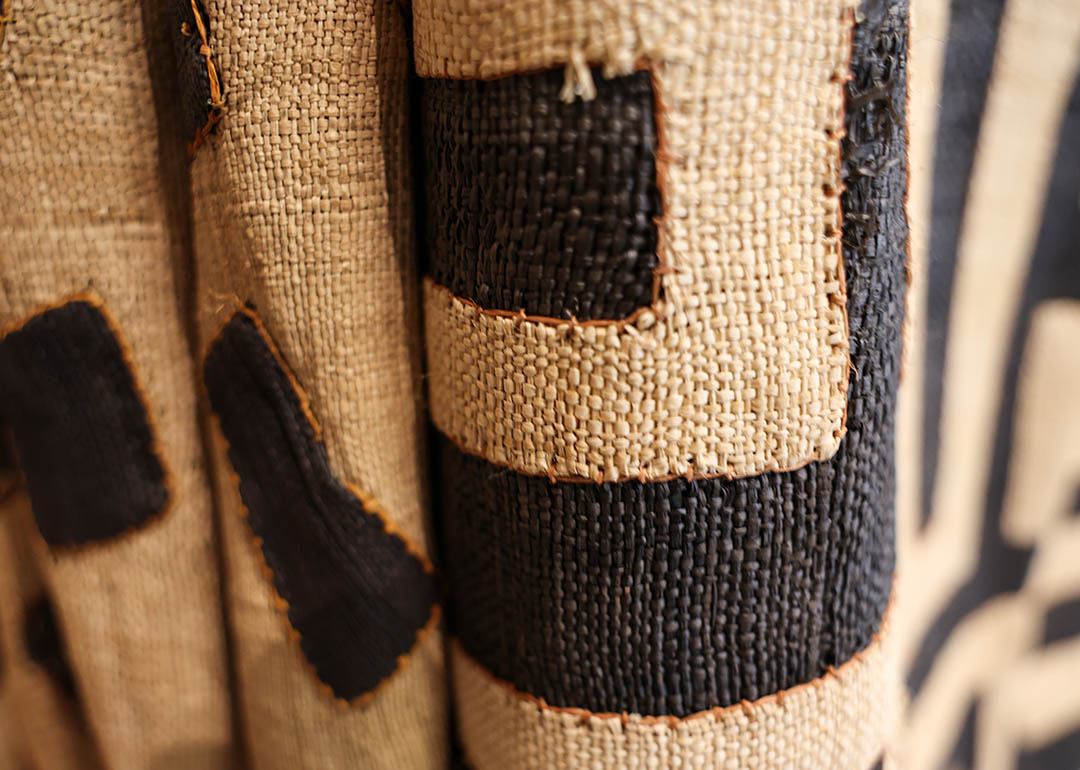Artisans
The Artisans Gallery features rotating displays and textiles that relate to the museum's collections. We currently feature the following artisans:
Mjita Trading Company
Mjita Trading Company was established in Johannesburg, South Africa, in 1996 by Brett Sher. The company sources traditionally woven, handmade fabrics from several African countries, including the Democratic Republic of the Congo. Their team of operators is led by women quality-control managers, who oversee the production of goods. Staff also receive in-house skills training — part of Mjita’s vision for empowering African women.
Dwaraka Plus
Anita Reddy founded Dwaraka Plus in 1998 as a way of reviving traditional "kalamkari" practices and providing socio-economic growth for rural women artisans. Over the years, Dwaraka Plus has trained over 100 women who hand-paint textiles using natural dyes and local resources. Reddy also partners with foundations focused on promoting local folk music, dance and other artistic traditions, describing herself as an activist in the kalamkari movement.
Agus Ismoyo and Nia Fliam
Husband and wife team Agus Ismoyo and Nia Fliam have been producing textiles in their batik studio in Yogyakarta, Indonesia, since 1985. They draw on the traditions of Ismoyo’s ancestors — batik makers in the court city of Solo in Java — to explore the richness of historical batiks as contemporary art. Their studio produces fine-art batik fabrics and paintings along with a range of wearable art and interior decor.
Nilda Callañaupa Alvarez
Nilda Callañaupa Alvarez is an Indigenous Quechua weaver from Chinchero, a village in the Cusco region of Peru. She began researching and reviving local textile practices in the late 1970s and founded the Centro de Textiles Tradicionales del Cusco with fellow weavers in 1996. The fair-trade nonprofit works with ten local weaving communities to sustain local traditions and promote weavers and their work.
Rose Luangisa
Rose Luangisa was born and raised in Tanzania and came to the United States in 1987, where she earned bachelor’s and master’s degrees. Working with African textiles for over 26 years, she partners with a small group of Dogoan artisans from Segou, Mali, to produce fine mud cloth textiles. Her mission is to satisfy artisans and customers, preserve culture and traditions from across the African continent, and empower and connect its people around the world.
Gasali Adeyemo
Gasali Adeyemo is from the small rural village of Ofatedo, located in Osun State, Nigeria. In 1990, he began learning the traditional arts of the Yoruba Tribe from his mother before attending the Nike Center for Arts and Culture. Eventually, Adeyemo started exhibiting work and traveling outside Nigeria, presenting workshops and exhibitions around the world with a focus on sharing the arts and culture of the Yoruba people.
Aziz Murtazaev
Aziz Murtazaev is an ikat master from Margilan, Uzbekistan, a city with an illustrious history of silk production. In 2016, he founded Crafts Studio IkatUz, a cooperative of independent weavers and dyers. Making ikat is a community endeavor that often requires dozens of steps. Murtazaev’s studio employs a large team of masters, weavers and other specialists — creating opportunities for these artisans to introduce products to new markets.

Harshita Lohia
Inspired by her grandmother in Kolkata, India, Harshita Lohia took to art at an early age, moving from India to the United States to pursue a fine arts education. She created Harshita Designs to share her heritage with the world through wearable art inspired by nature, Indian cultural symbols and more. Harshita Designs employs artisans living in impoverished communities in India, creating opportunities for them to combat income inequality.

Masako Ogura
Masako Ogura’s deep appreciation of Japan’s textile treasures comes from her mother, a classical Japanese dance instructor and kimono enthusiast. In her art practice, Ogura takes damaged silk “shibori” kimono and jackets and transforms them into stylish garments. Shibori is a labor-intensive Japanese tie-dye method that has been practiced for centuries and is given new life today in accessories, home goods and fashion.

Gulmira Islomova
Gulmira Islamova established her own business in 2018, specializing in the production of high-quality embroidery products. Her business employs over 200 women and girls in the Nurota district of Uzbekistan’s Navoi region. In this area, sewing is a long-standing tradition that provides an essential income stream. By cultivating this skill, the women of Nurota can support their families while managing household and childcare responsibilities.
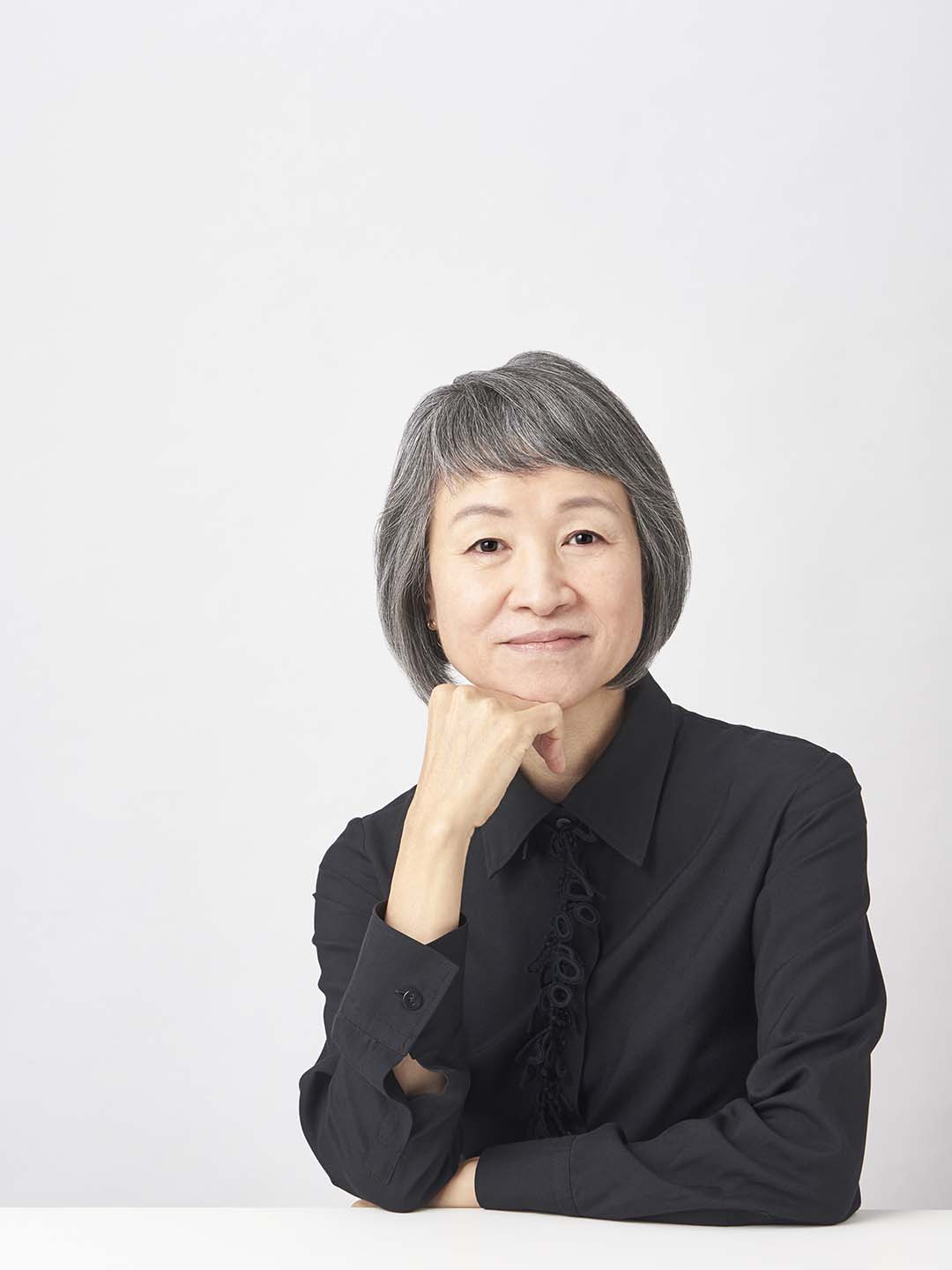
Reiko Sudo
Reiko Sudo launched Nuno in 1984 with textile icon Jun'ichi Arai. Combining traditional weaving technologies with state-of-the-art materials and manufacturing technologies, the special production processes behind each of Nuno's unique designs rely on the expertise of Japan's highly skilled craftspersons and their centuries of accumulated experience.



